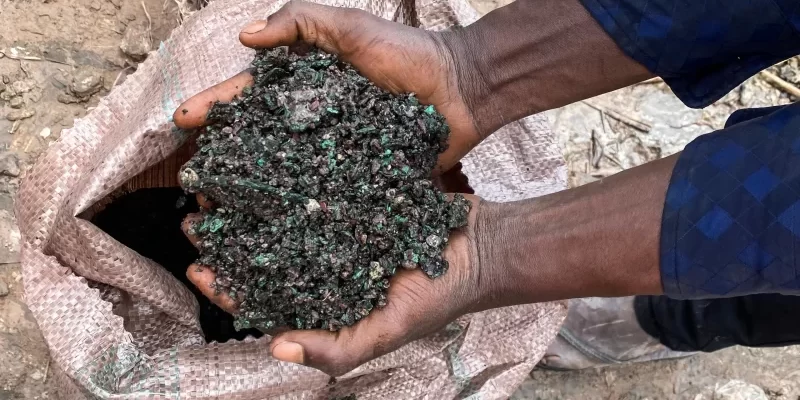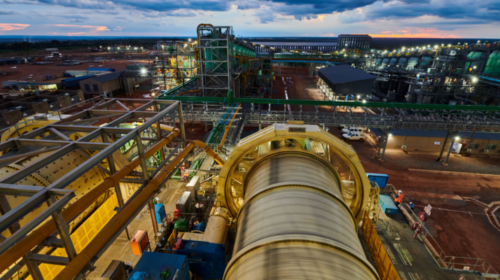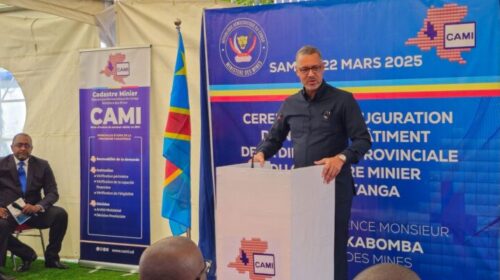Tackling Traceability Challenges in the Congolese Cobalt Supply Chain
The Congolese mining sector has long grappled with mineral traceability issues, particularly within its cobalt supply chain. In April 2024, the NGO Ressource Matters published a study titled “Study the Risks in Your Cobalt Supply Chain”.
This research mapped over 280 entities spanning the cobalt supply chain—from miners to end consumers—highlighting the social and environmental risks associated with cobalt extraction.
The study aimed to assist companies in aligning with international standards for responsible sourcing.
The Complexities of Traceability
Ressource Matters identifies the foremost challenge for companies using cobalt: tracing its journey from extraction to production.
Many firms acknowledge that the cobalt supply chain is extensive and intricate, especially when sourcing from high-risk regions like the Democratic Republic of Congo (DRC).
The NGO underscores the importance of thorough risk assessments for companies operating in such regions to ensure ethical practices throughout the supply chain.
How Did We Reach This Point?
The challenges in the cobalt sector gained global attention in 2016 when international organizations and media highlighted the hazardous working conditions of artisanal cobalt miners in the DRC.
This sparked a series of pilot projects backed by car manufacturers to address these concerns within the artisanal mining sector. Ironically, despite their involvement, many manufacturers deny sourcing cobalt from artisanal mining.
Although industrial mining dominates Congolese cobalt production, it is not free from significant issues. Ressource Matters’ report details widespread corruption, forced evictions in Kolwezi (documented by Amnesty International and the Initiative for Good Governance and Human Rights in 2023), and water pollution (documented by RAID and Afrewatch in 2024).
Despite these challenges, the industrial sector receives limited scrutiny compared to artisanal mining, leaving local populations to bear the brunt of environmental and social impacts.
The report calls on companies to go beyond surface-level compliance by rigorously assessing their supply chains, identifying risks, and taking tangible steps to address these issues to achieve sustainable and responsible sourcing.
A Push for Accountability: European Regulation on the Horizon
The European Parliament has introduced the Corporate Sustainability Due Diligence Directive, set to take effect in 2027. This directive will apply to large European companies and select non-European firms, mandating a comprehensive mapping of their supply chains, including raw material sourcing.
Under this legislation, companies must not only identify risks to the environment and human rights but also implement concrete measures to mitigate these impacts.
This new regulatory framework underscores the growing international demand for transparency and accountability in supply chains, with the cobalt sector serving as a critical focal point.
As global demand for cobalt rises, particularly for use in electric vehicles and renewable energy storage, addressing these traceability challenges is essential to ensuring that the benefits of this valuable resource do not come at the expense of human rights or the environment.
116 total views , 1 views today





